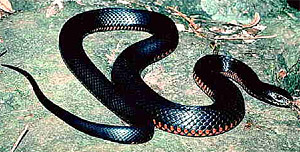 The tenets of Vastu Shastra spell out that even serpents are responsible for omens. These signs can be both auspicious and inauspicious.
The tenets of Vastu Shastra spell out that even serpents are responsible for omens. These signs can be both auspicious and inauspicious.
The following pre-intimation or omens are related to the serpents:-
1) When an individual sees a serpent crawling from the right to the left side it is considered inauspicious
2) When a snake comes crawling from the front side it indicates enmity
3) If a black snake is seen on the right side before entering a building it indicates inevitable victory over the enemy.
4) When a black cobra with his hood raised is seen it may well lead to an increase in wealth and prosperity.
5) It is a bad omen to witness a serpent before setting out on a journey.
6) Seeing a white snake is inauspicious.
7) While starting on a journey if a snake is seen and after that a donkey is seen on the left side it is considered to be a good omen.




















